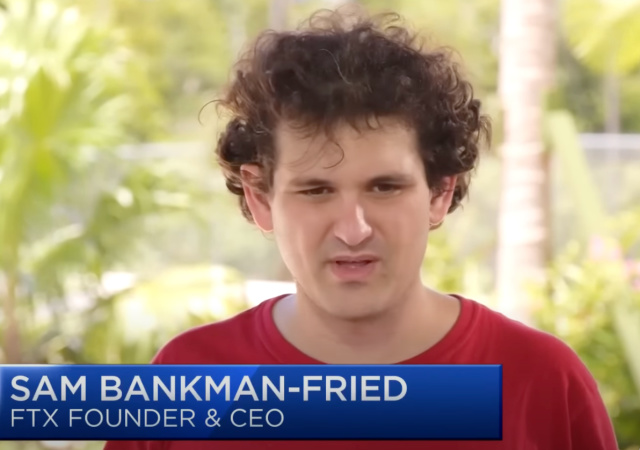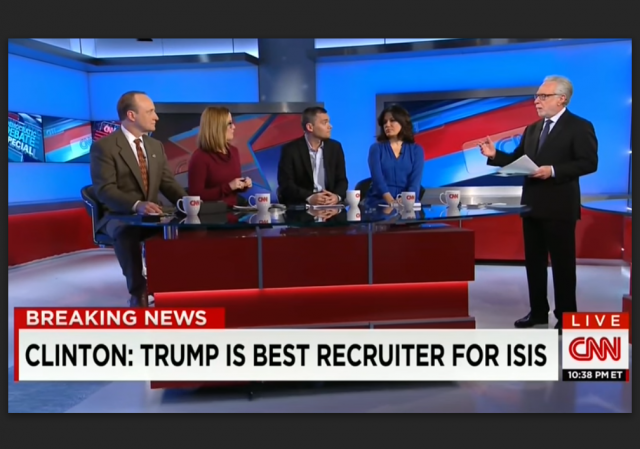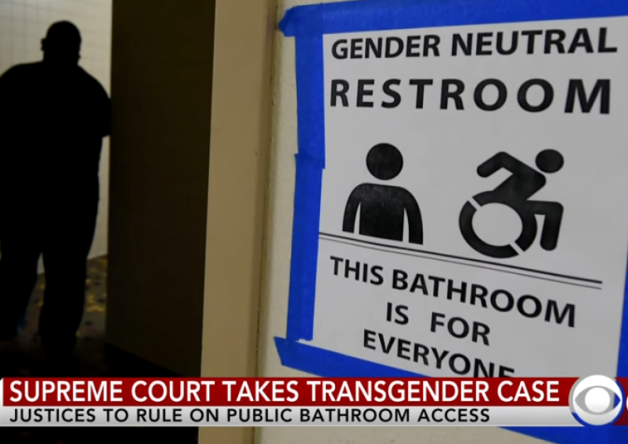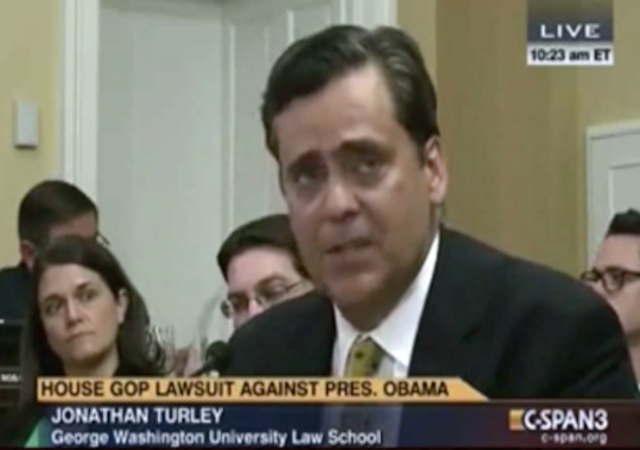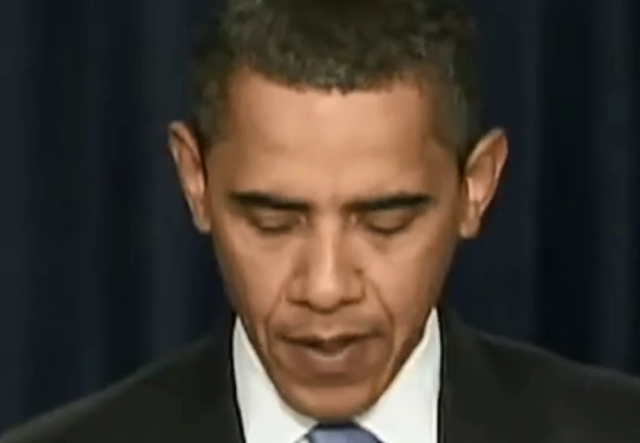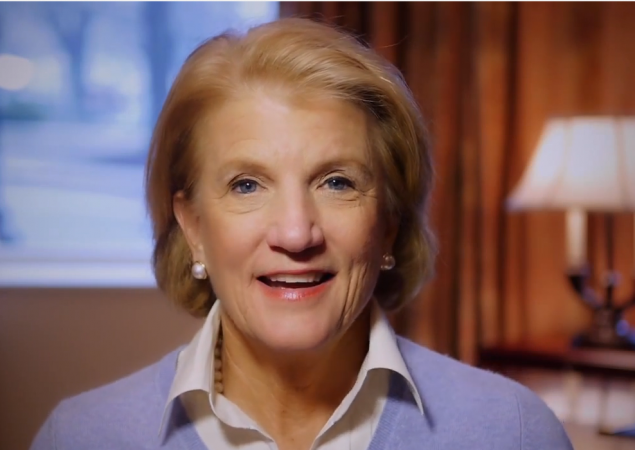The late September arrival of Ebola-postive Thomas Eric Duncan at Texas Health Presbyterian Hospital has caused many Americans to worry about their personal health in the event of an Ebola outbreak. Right on the heels of that worry, however, is a worry of another kind.
What about your personal
rights? In particular, what about that most fundamental liberty interest: freedom from confinement.
As Professor Eugene Kontorovich noted at
The Volokh Conspiracy earlier today, this question has caused the (
now released) quarantined nurse to threaten a legal challenge to the constitutionality of her recent confinement in New Jersey.
So what are your rights when faced with involuntary quarantine?
The answer, while simple, is completely unsatisfying and even a bit concerning: It depends. As a result, the true “answer” is a very nuanced and fact intensive inquiry into each particular case of confinement. Books can be written (and have been) about the legality of involuntary confinement in the face of a public health crisis, but this blog post may serve as highly generalized primer for the curious.
To begin,
quarantining “separates and restricts the movement of people who were
exposed to a contagious disease to see if they become sick.” [Emphasis Added]. Note that “quarantine” refers to the confinement of those who are
not currently sick, but have been exposed to an infectious disease and may ultimately develop symptoms. “Isolation,” on the other hand, refers to confinement of individuals who are sick.

